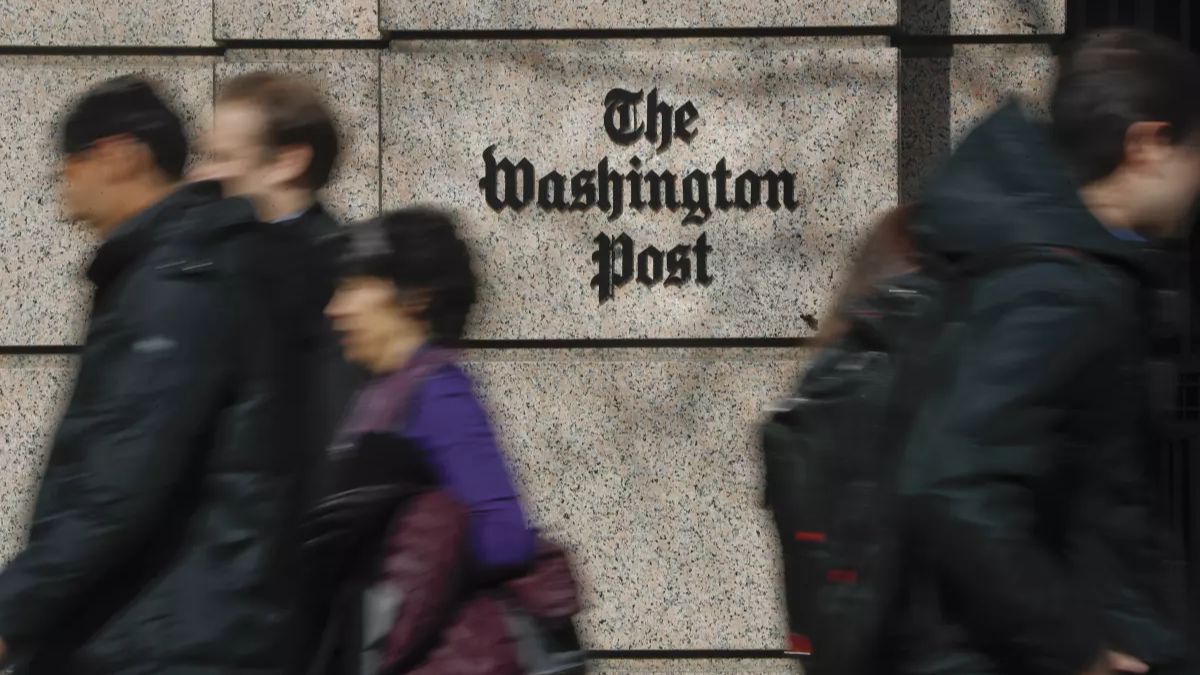) |
|
The Washington Post's recent report alleging an Indian plot to oust the Maldivian president has sparked controversy, with accusations of it being a deliberate attempt by the US deep state to undermine both India and incoming President Trump. The article's timing, just before the anticipated Trump administration takeover, is a key point of contention. The detailed nature of the accusations, including specifics about bribery and alleged involvement of Indian intelligence, raises questions about the source and motives behind the report. The author argues that the report fits into a pattern of actions seemingly designed to harm India's interests in the lead-up to the Trump administration, suggesting an effort to damage Indo-US relations before Trump could repair them. This aligns with the broader context of increasing tensions between the US and India, encompassing issues like H-1B visas and accusations linking India to incidents in Canada and the US.
The article posits that the deep state's actions are multi-pronged. The targeting of India through the Washington Post report, the H-1B visa controversy, and the attempts to link India to terrorism-related activities are viewed as simultaneous pressures designed to weaken India's position globally and particularly in its relationship with China. The H-1B visa issue is particularly noteworthy as it potentially damages the Trump administration’s support base, which includes a substantial number of legal immigrants from India. By inflaming this issue, the author suggests, the deep state aims to fracture Trump's coalition and undermine his political standing. This intricate strategy is perceived as a way for the deep state to maintain its influence even during a change of administration.
The author further analyzes the India-China dynamic, arguing that the recent border agreement between the two nations likely triggered concern within the US establishment. The successful disengagement at border points, while not signifying a complete resolution of conflicts, seemingly lessened the need for US involvement in the region. The Washington Post report, therefore, is speculated to be an attempt to re-escalate tensions between India and China, portraying India in a negative light and potentially reigniting conflict. The article argues that the report is not intended to genuinely influence policy but instead serves as a form of misinformation and a warning to New Delhi about the US deep state's constant surveillance. Crucially, it's also interpreted as a message to Trump, challenging his authority and demonstrating the enduring power of the American establishment.
The article concludes by emphasizing the high stakes of Trump's response to this perceived deep state challenge. His reaction will significantly shape not only US-India relations but also the broader dynamics between India-China and Sino-American relations in the coming years. The author presents a perspective that paints the Washington Post article as a calculated move, highlighting the intricate web of geopolitical maneuvering and the potential conflict between the incoming Trump administration and the established power structures within the US. The inherent distrust and power struggle between these factions are considered the driving force behind the actions described in the article.
